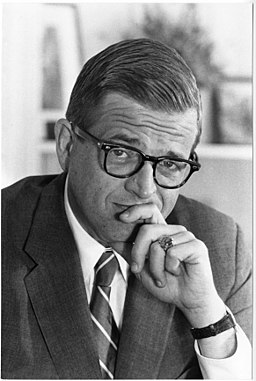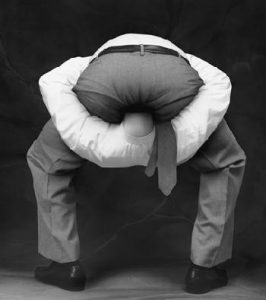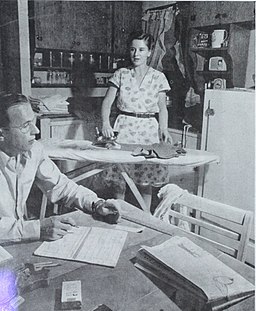Nothing to Lose Sleep Over

Asleep, a 1904 painting by Rupert Bunny (1864-1947).
To have been an insomniac working in a factory of the last centuries in the industrial north must have been utter hell, as it must be today for those working in the garment and electronics sweatshops of southern Asia. Some of the devices advertised for sale to help the sleepless may seem ludicrous or indulgent, but for those afflicted it may not seem so. The question is whether those who truly need those devices can afford them or are even aware of them. Probably not.
Madeline Kahn, as Lili Von Shtupp, sings “I’m Tired” in the 1974 Mel Brooks film Blazing Saddles. Warning: foul language.
The sound of waves crashing, the gradual transition of blue light to red on electronics invited into the bedroom, and the monitoring of sleep quality, as far as that may be possible, all are geared toward the middle class and above, the office workers who have followed the 9 to 5 mold set for their kind one hundred years ago. Many work more hours than that, usually appended to the end of the day. All the same, sleep for them is crowded into the overnight hours, and if they don’t get it then they will miss out. There’s nothing wrong with them if they can’t sleep all 8 hours in the time allotted; it’s the mold that is broken and needs remaking.
— Techly 





